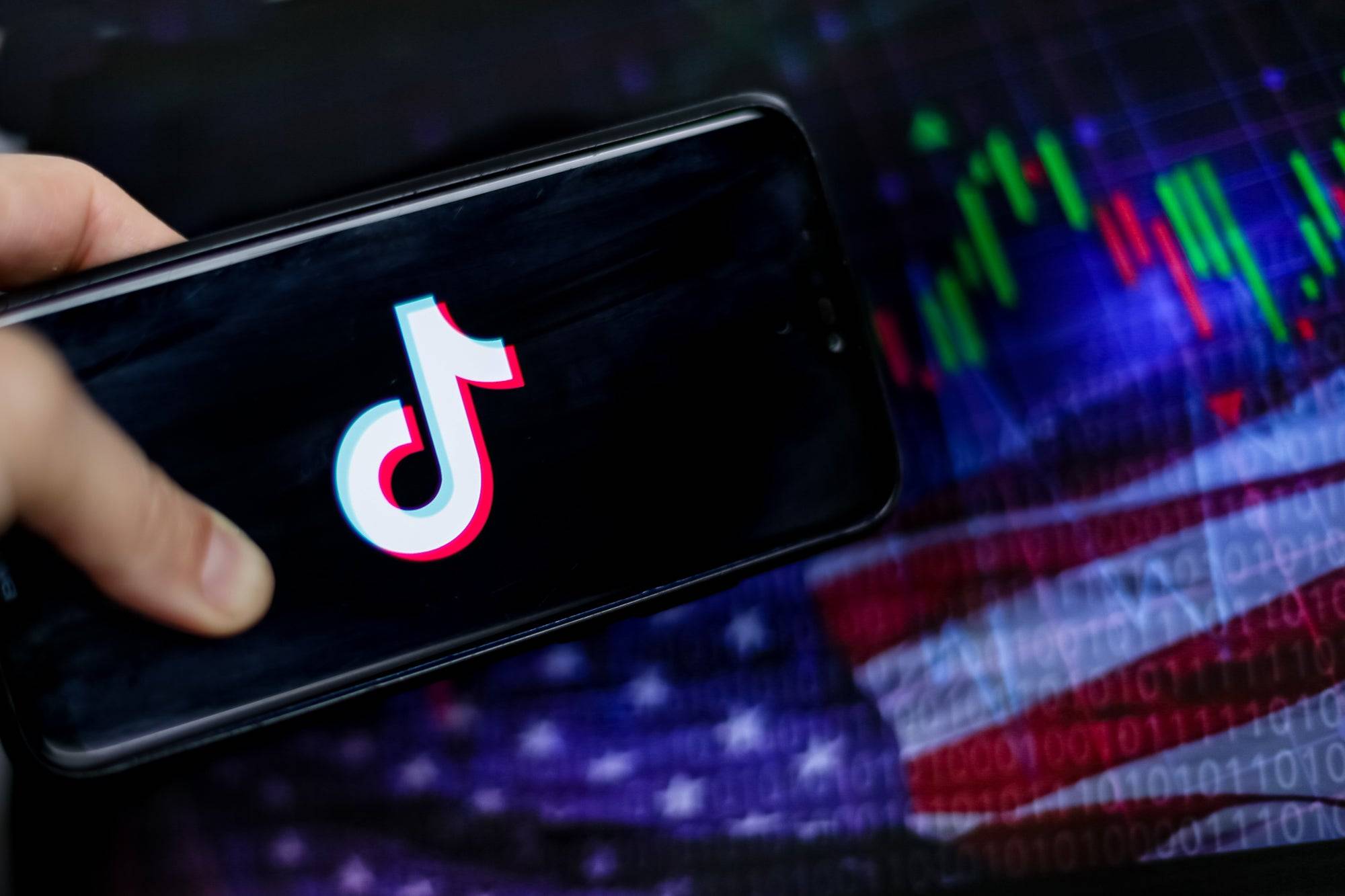The Supreme Court's rejection of TikTok's appeal paves the way for a potential ban on the platform, effective Sunday, January 19th. The court's unanimous decision cited national security concerns stemming from TikTok's data collection practices and its ties to a foreign adversary, outweighing First Amendment arguments. While acknowledging TikTok's significant user base and expressive capabilities, the justices upheld Congress's determination that divestiture is necessary.

Without executive intervention, TikTok faces a complete shutdown in the U.S. on Sunday. President Biden's preference is for TikTok to remain available under American ownership, but the implementation of any such solution falls to the incoming Trump administration.
The Supreme Court ruling explicitly stated that the ban doesn't violate TikTok's First Amendment rights, given the national security concerns. However, President-elect Trump, who has previously opposed a complete ban, could issue an executive order delaying enforcement for 60-90 days. He reportedly is engaging in discussions with Chairman Xi Jinping regarding the matter.
The possibility of China selling TikTok to a Western entity remains uncertain, although reports suggest this is a viable option. Elon Musk, involved with the incoming administration, is reportedly being considered as a potential intermediary in facilitating such a sale, or even as a possible buyer himself.
In anticipation of a ban, many TikTok users have migrated to the similar Chinese app, Red Note (Xiaohongshu). Reports indicate a surge of over 700,000 new users in just two days.
TikTok's future in the U.S. hinges on either a successful sale or a last-minute executive order from the Trump administration. The situation remains highly fluid.















